When a critic turns believer, can the story of that conversion sway others? A new Annenberg Public Policy Center study examines the effect on public attitudes of a "conversion message" about the use of genetically modified foods.
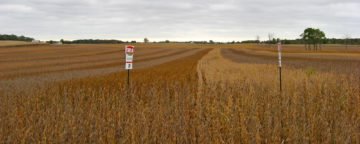

When a critic turns believer, can the story of that conversion sway others? A new Annenberg Public Policy Center study examines the effect on public attitudes of a "conversion message" about the use of genetically modified foods.
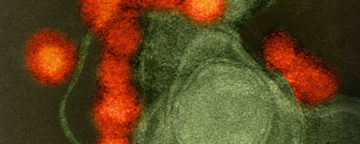
A series of papers originally presented as works-in-progress at a Zika communication summit at APPC in March 2017 were published in a special issue of Risk Analysis on “Communicating About Zika,” aimed at providing theoretical and practical insights.
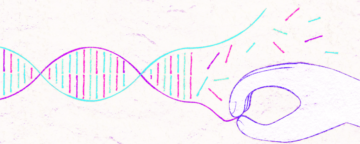
The Annenberg Public Policy Center has released two Science Media Monitor reports on how the media cover ethical questions on gene editing, and scientific retractions.
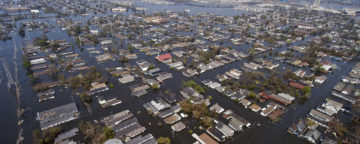
Experiencing extreme weather is not enough to convince climate change skeptics that humans are damaging the environment, according to a new study based on APPC research.
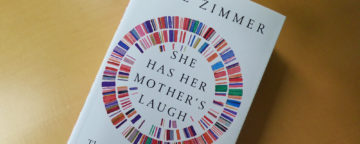
Carl Zimmer, columnist for The New York Times and author of 13 books about science, spoke about his new book, "She Has Her Mother’s Laugh: The Powers, Perversions, and Potential of Heredity."
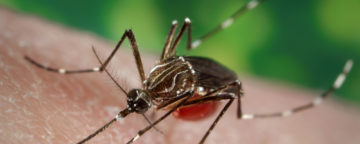
A study of media coverage of the 2016 Zika virus outbreak found that while stories focused more heavily on certain risk aspects than others, it was the volume of Zika news coverage that increased public familiarity.
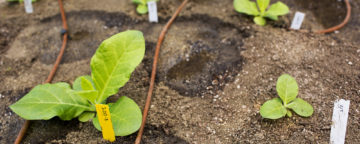
Public sentiment on GMOs shifted following the release of a consensus report by the National Academies of Sciences, Engineering, and Medicine, a study finds.
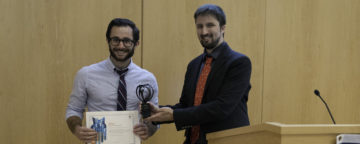
Postdoctoral fellow Matt Motta was honored with the Elsevier Atlas award for an article on overconfidence due to ignorance and anti-vaccine attitudes.